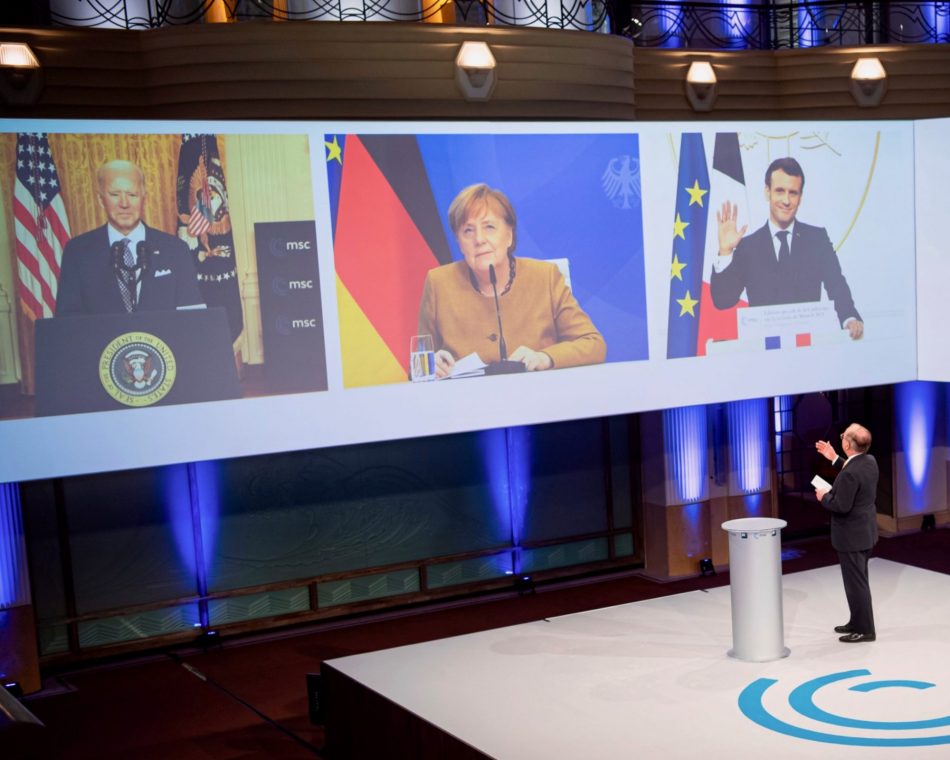U.S. President Biden moved to shore up alliances with NATO and the Group of Seven major economies on Friday and told the Munich Security Conference that "democratic progress is under assault" in the United States, Europe and many other countries.
It was a full day of diplomacy for Biden, who offered his most expansive foreign policy remarks as president so far while hoping to repair frayed alliances. Biden declared “America is back, the trans-Atlantic alliance is back" from four years of former President Trump's scorched-earth approach to multilateralism within the rubric of his "America First" policies.









